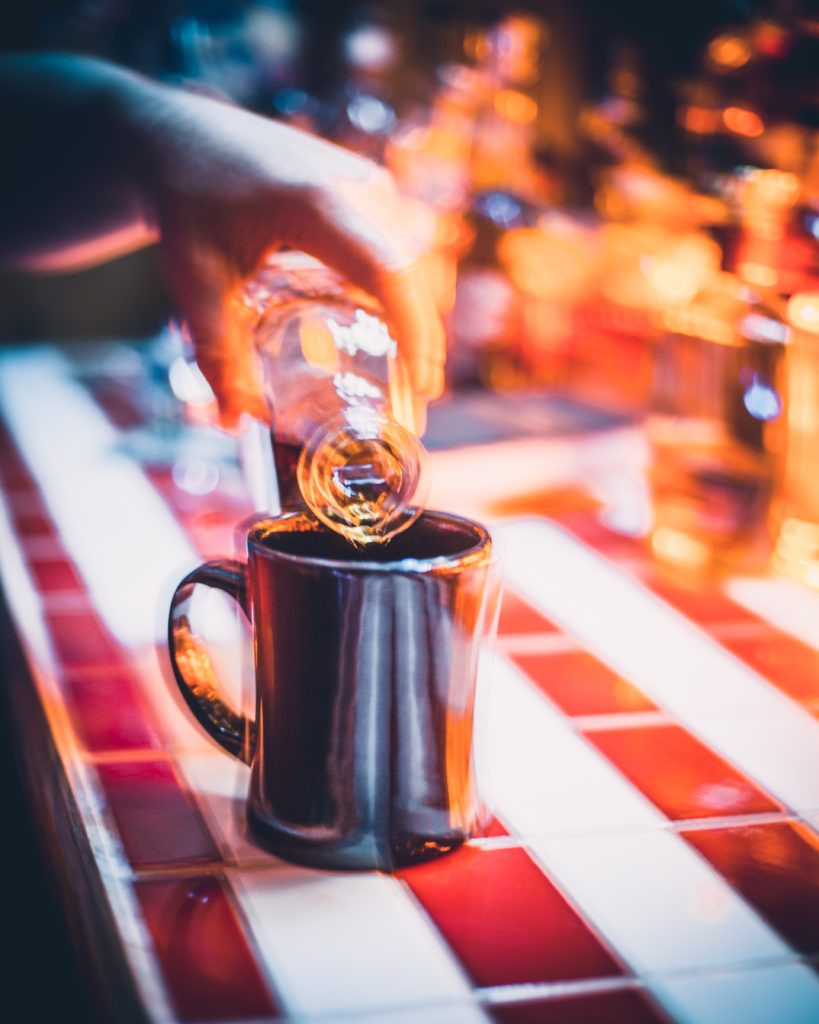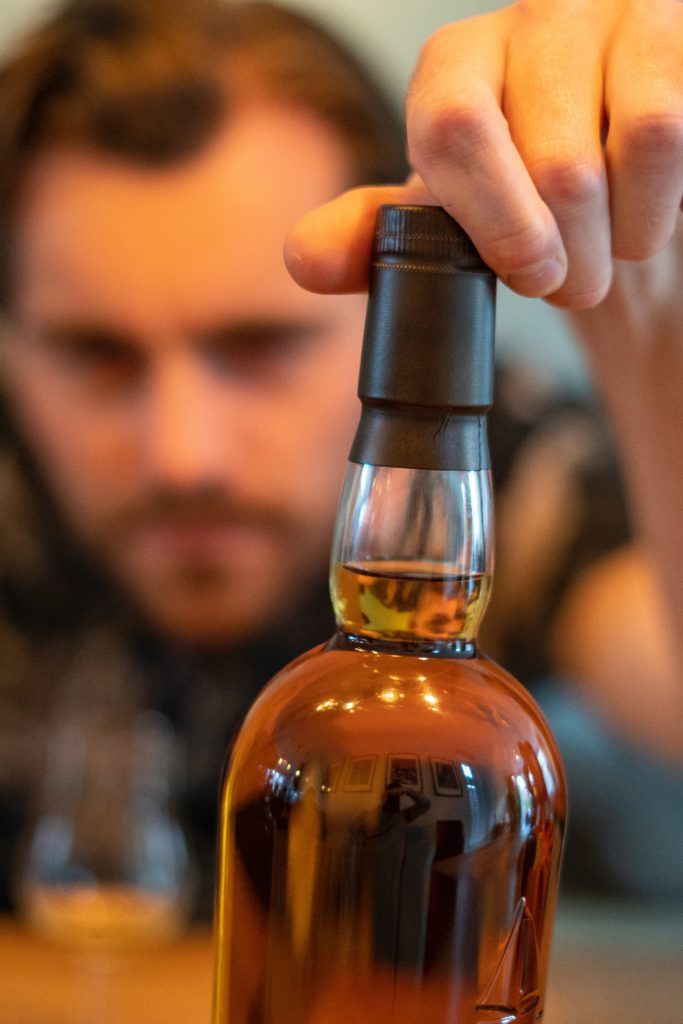Many anxiety drugs have central nervous system depressant activity and interact with alcohol, so it is important to understand your risks. A wide variety of medications from different classes, such as antidepressants or benzodiazepines, are used to treat various anxiety disorders. Side effects like drowsiness, impaired driving, and respiratory depression (slowed breathing) can worsen when alcohol and anxiety meds are combined. Many medicines used for anxiety should be used short-term and in general, you should avoid or limit alcohol with these drugs.
Anxiety overview
Anxiety sometimes called nervousness, is a common emotional disorder with differing levels of intensity. Someone with anxiety typically has chronic, ongoing bouts of worry, fear, or concern, typically out of proportion to the actual troubles that they may be facing in their everyday life. Physical symptoms of anxiety can include sweating, trembling, elevated blood pressure, and rapid breathing.
The symptoms can go on for an extended period of time, usually months, without relief. In this case, the person may have Generalized Anxiety Disorder (GAD). Occasional anxiety concerning a stressful or uncomfortable event is normal. However, if a person feels disproportionate levels of anxiety or it is present almost continuously, it might be diagnosed as an anxiety disorder. You can also have more than one anxiety disorder. A combination of medications and psychotherapy is often used for treatment.

The five main types of anxiety disorders include:
- Post-Traumatic Stress Disorder
- Social Phobia or Social Anxiety Disorder
The symptoms of anxiety can include:
- Frequent, ongoing and excessive feelings of worry, nervousness or anxiousness
- A rapid heart rate and breathing
- Excessive perspiration
- Trembling or shaking
- Feeling tired, trouble sleeping
- Problems concentrating
- Headaches, stomach upset
- Avoidance of circumstances that trigger anxiety
Which drugs are used for anxiety?
- Benzodiazepines
- Selective serotonin reuptake inhibitors (SSRIs)
- Serotonin-norepinephrine reuptake inhibitors (SNRIs)
- Tricyclic antidepressants
Other miscellaneous anxiolytics, sedatives, and hypnotics like buspirone (Buspar) might be used depending upon your specific anxiety disorder. Midazolam (Versed) is a preoperative sedative and anesthetic agent often used in the hospital or outpatient surgical setting. Some drugs may be used “off-label”, meaning they are not FDA-approved for these specific conditions but have been used successfully in therapy.
When possible, benzodiazepines should only be used in the short term and with extreme caution due to drowsiness, sedation, judgment problems, memory impairment, and risk of addiction. These medications should be avoided in patients with a history of substance abuse. Patients should avoid engaging in hazardous activities requiring mental alertness such as operating machinery or driving a motor vehicle while using these medications.
Buspirone is effective in reducing symptoms of anxiety in patients with anxiety but does not have the risk for addiction seen with benzodiazepines. Other methods are used to treat anxiety, including stress management, exercise, group talk therapy, cognitive behavioral therapy, and relaxation techniques. These options may be combined with medication therapy.
Alcohol and Anxiety Meds
Many anxiety drugs have central nervous system depressant activity and interact with alcohol. Be sure to review your prescription information and ask your pharmacist. Do not drink alcohol and anxiety meds due to the risk of enhanced drowsiness, sedation, and impaired judgment.
Alcohol can also increase the nervous system side effects of antidepressant medications or other miscellaneous drugs used for anxiety. Side effects may include dizziness, drowsiness, trouble concentrating, impairment in thinking, slowed reflexes, and poor judgment. You should avoid or limit the use of alcohol while being treated with antidepressants for anxiety. Avoid activities requiring mental alertness such as driving or operating hazardous machinery until you know how the medication affects you.
Chronic alcohol abuse can elevate the risk for liver disease, such as cirrhosis. Some medications, for example, duloxetine (Cymbalta, Irenka) may also cause liver damage. Combining medications that can lead to liver toxicity with alcohol may further increase that risk.
Combining alcohol and anxiety meds with CNS depressant activity like benzodiazepines can lead to:

- Overdoses (for example, with Xanax and alcohol)
- Coma
- Death
- Extreme drowsiness
- Dizziness, sedation
- Slowed breathing (respiratory depression)
Do not drive, operate machinery, or engage in risky activities if you have been drinking alcohol and anxiety meds.
Alcohol Use Disorder (AUD) in the United States
According to the 2019 NSDUH, 14.5 million people ages 12 and older had AUD. This number includes 9.0 million men and 5.5 million women. This problem threatens a big number of young people too, as stated by the same source, an estimated 414,000 adolescents between the ages of 12 to 177 had AUD. This number includes 163,000 males and 251,000 females.
An estimated 95,000 people, approximately 68,000 men, and 27,000 women die from alcohol-related causes annually, making alcohol the third-leading preventable cause of death in the United States. The first is tobacco, and the second is poor diet and physical inactivity.
Causes of Alcoholism
It is common to think this condition arises from a person who simply does not know how to control their alcohol consumption and is trapped in a vicious circle, but according to the scientific piece ‘The many causes of Alcoholism’ Cohen, S. Published on the Drug Abuse & Alcoholism Newsletter, there are three main causes of this disease: biological, physiological, and sociocultural.
- Biological causes may be:
- Genetic: “inherited susceptibility to alcohol’s acute effects, impaired ability to catabolize ingested alcohol, or difficulty in dealing with anxiety, frustration, and depression”.
- Biochemical: sensitivity to insulin, episodes of spontaneous hypoglycemia, or adrenal insufficiency.
- Or endocrine: persistently low levels of androgenic hormones.
- Among the psychological causes of Alcoholism are:
- Need for tension relief and anxiety control
- Personality disorders
- Psychodynamic factors
- Learning: tension reduction from drinking provides a positive reinforcement to continue drinking
- Role modeling: peer example or occupational pressures
- Culture-specific drinking traditions, and those stresses and conflicts experienced by certain subcultures also contribute to overindulgence in alcohol

Alcohol’s Effects on the Body
The effects of a drink of alcohol can vary a lot from one person to the next, but it usually takes about an hour for your body to metabolize one drink. Alcohol stays in the body for different periods of time depending on how much you drank, your body weight, and your sex. Factors that influence how quickly alcohol leaves the system include your age, height and weight, and amount of food in your stomach at the time you drink.
But Alcoholism can affect multiple organs of the body, including the brain, heart, liver, pancreas, and even the immune system.
- Brain: alcohol interferes with the brain’s communication pathways, and can affect the way the brain looks and works. These disruptions can change mood and behavior, and make it harder to think clearly and move with coordination.
- Heart: drinking a lot over a long time or too much on a single occasion can damage the heart, causing problems including:
- Cardiomyopathy – Stretching and drooping of heart muscle
- Arrhythmias – Irregular heart beat
- Stroke
- High blood pressure
- Liver: Heavy drinking takes a toll on the liver, and can lead to a variety of problems and liver inflammations including:
- Steatosis, or fatty liver
- Alcoholic hepatitis
- Fibrosis
- Cirrhosis
- Pancreas: alcohol causes the pancreas to produce toxic substances that can eventually lead to pancreatitis, a dangerous inflammation and swelling of the blood vessels in the pancreas that prevents proper digestion.
- Immune System: drinking too much can weaken your immune system, making your body a much easier target for disease. People who drink chronically are more liable to contract diseases like pneumonia and tuberculosis than people who do not drink too much. Drinking a lot on a single occasion slows your body’s ability to ward off infections – even up to 24 hours after getting drunk.

Alcohol Poisoning
Alcohol poisoning is a serious — and sometimes deadly — consequence of drinking large amounts of alcohol in a short period of time. Alcohol poisoning occurs when you consume so much alcohol that your brain and other vital organs can no longer function properly. Alcohol poisoning can lead to coma or even death.
People who drink a lot over a relatively short period may experience a decreased urge to breathe as their blood alcohol level increases. This can cause the BAC to rise even further, leading to severe damage. People with Alcohol Poisoning need immediate medical attention. Alcohol poisoning symptoms vary from person to person based on body weight, age, gender, and overall health. Alcohol poisoning can affect teenagers and young adults. Alcohol poisoning is more common among males than females and the risk increases as people get older.
Alcohol poisoning causes decreased heart rate, low blood pressure, confusion, vomiting, slow or irregular breathing, blue-tinged skin, or pale skin, sometimes causing hypothermia and leading to unconsciousness.
Reclaim Your Life From Substance Abuse With Alcohol Detox California
Side effects like drowsiness, impaired driving, and respiratory depression (slowed breathing) can worsen when alcohol and anxiety meds are combined. Chronic alcohol abuse can elevate the risk for liver disease, such as cirrhosis. We Level Up California rehab institute can provide to you, or someone you love, the tools to recover from addiction and abuse with professional and safe treatment. Feel free to call us to speak with one of our counselors. Our specialists know what you are going through. Please know that each call is private and confidential.